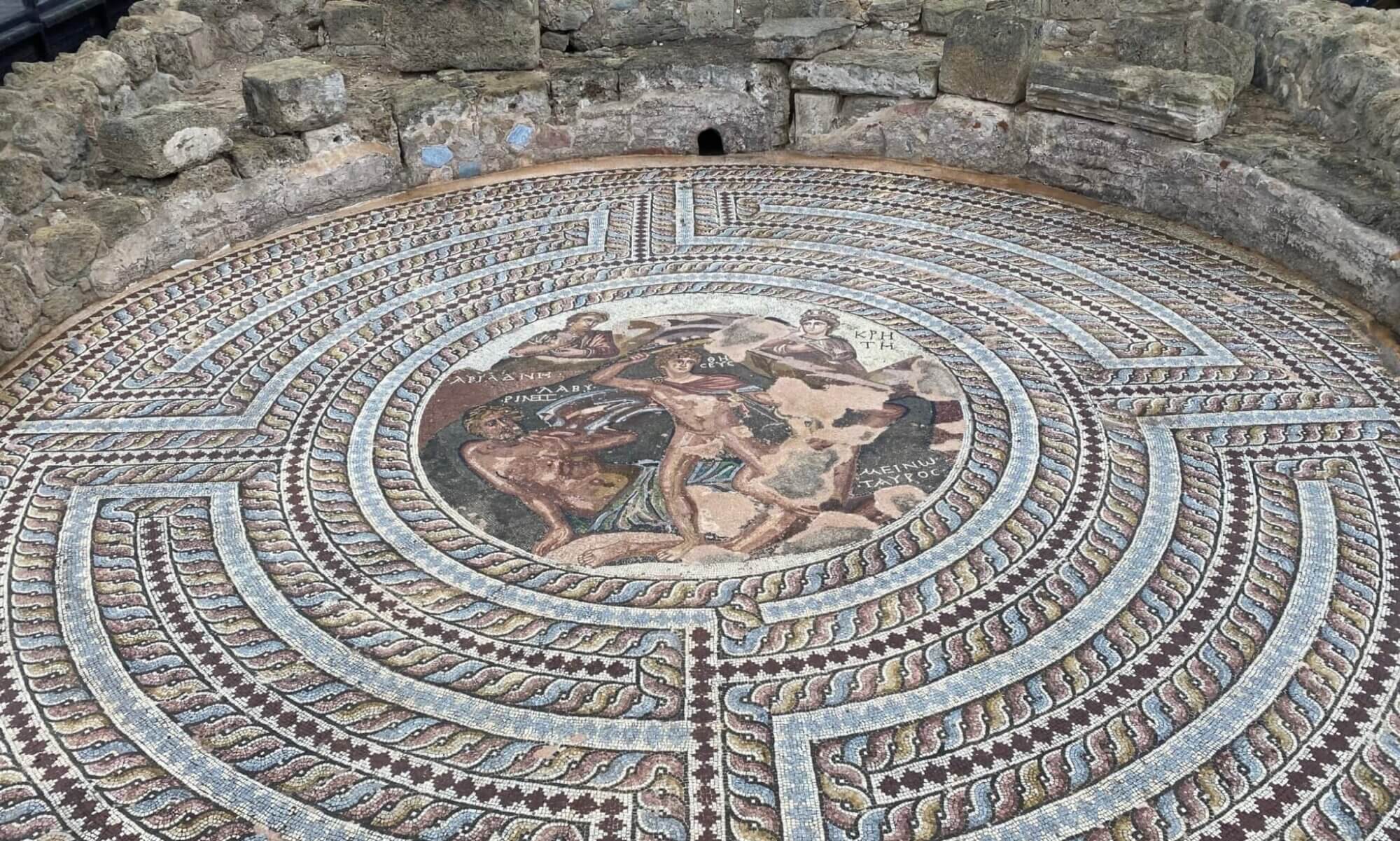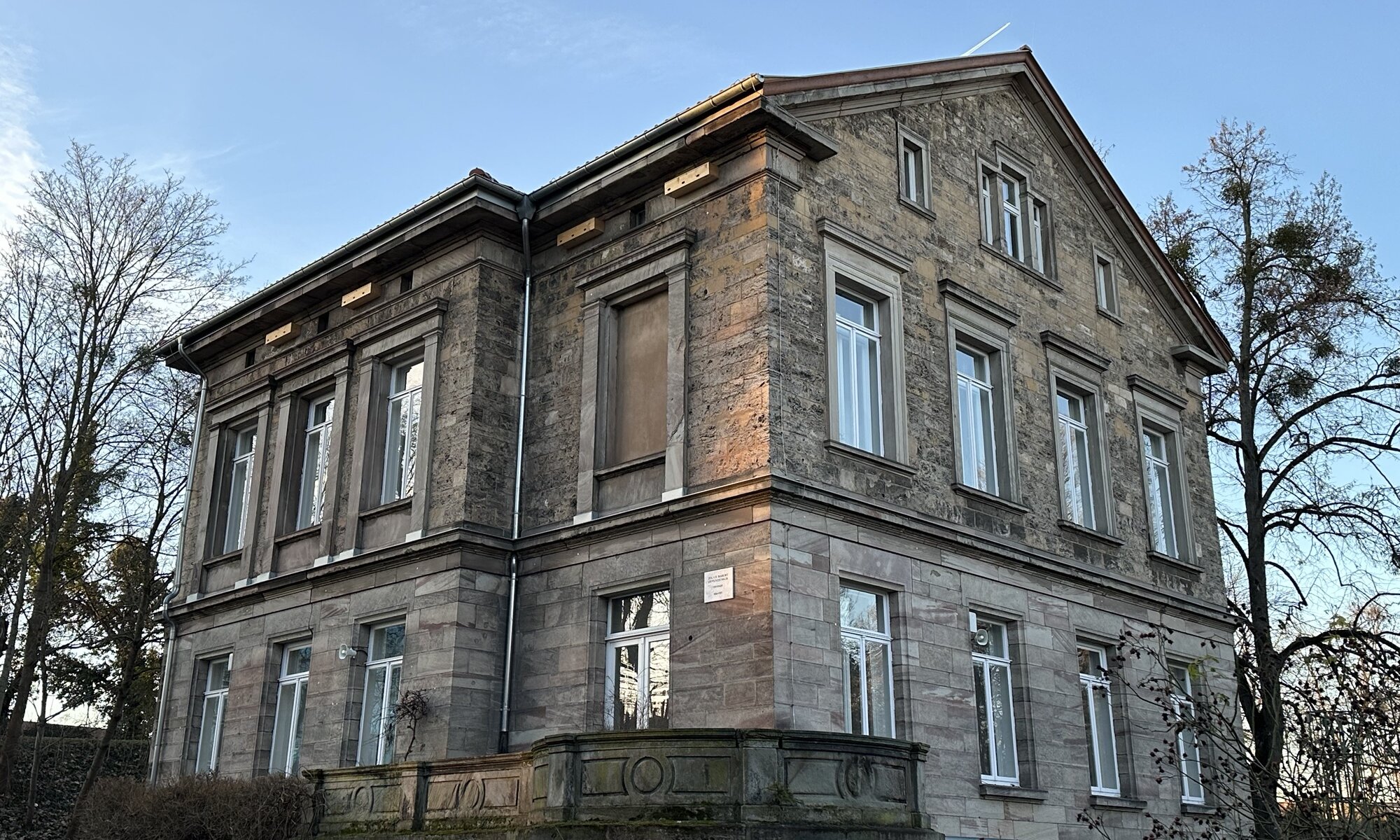When in 2023 Christopher Nolans movie Oppenheimer came to cinemas worldwide the history of Julius Robert Oppenheimer also came back to focus. How should he be remembered? As a genius physicist? Or is the leader of the Manhattan project and creator of the first atomic bomb, the destroyer of the worlds (a quote from the Bhagavad Gita), responsible for the death of so many people at Hiroshima and Nagasaki? Or did he save many lives by helping to end World War II (as he stated himself); at a point in time when Nazi Germany already had surrendered? A question also relevant for the city of Göttingen, as Oppenheimer was living and working there for some time.
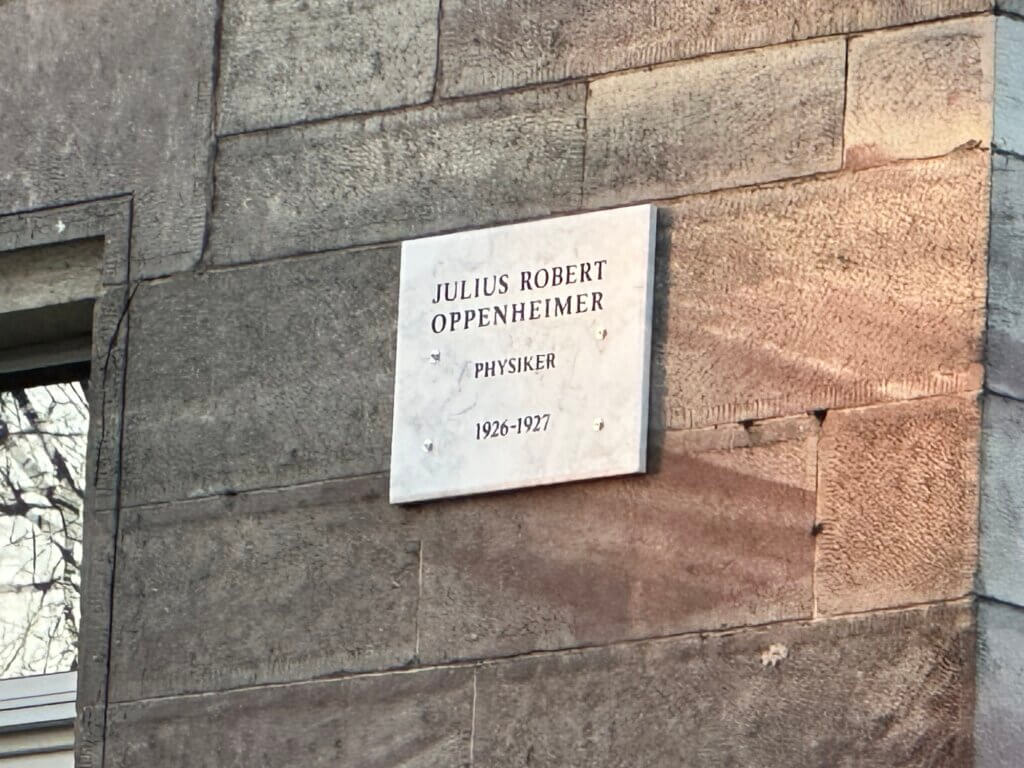
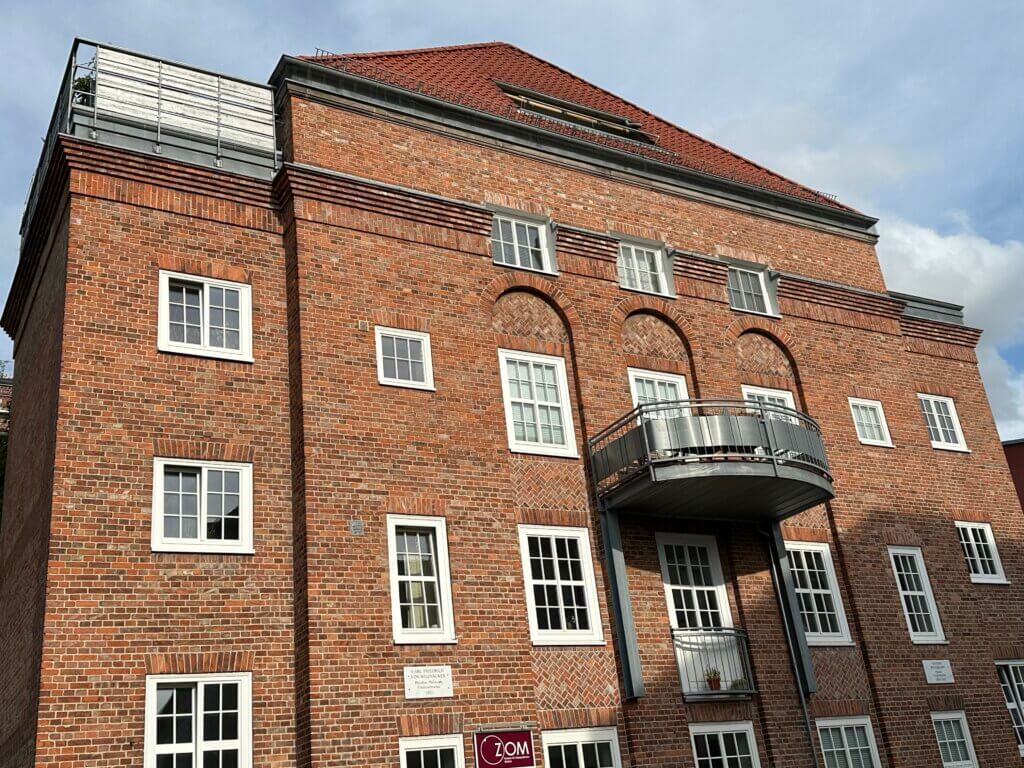
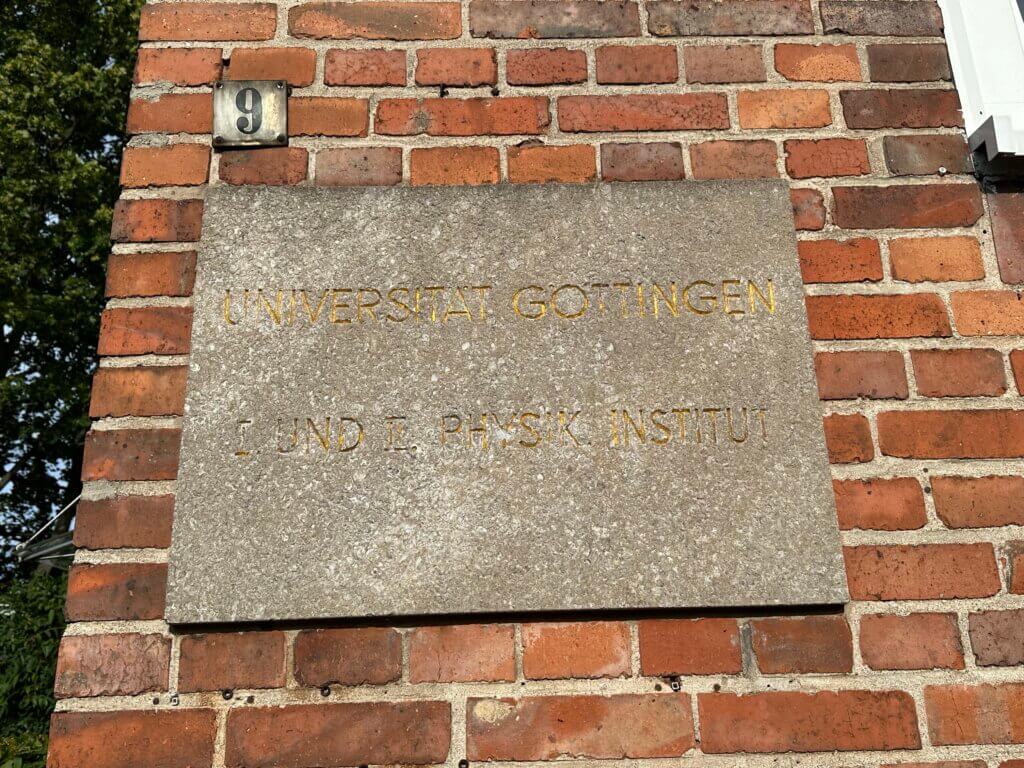
Robert Oppenheimer was born at New York in 1904. He came to Göttingen in 1926 because the university was leading in atomic physics. He studied under Max Born and received a PhD in philosophy for his works on quantum physics. At Göttingen he worked with scientists like Niels Bohr, Enrico Fermi, Werner Heisenberg and Wolfgang Pauli. His office was the Physikalisches Institut at the Bunsenstraße, his residence was at the Geismar Landstraße 1. Today you can find a memorial plaque there, but it is on the first floor and at the back side of the building – like as it should be hidden.
In 1927 he continued to Berkeley, in 1942 he took over the Manhattan project to build the atomic bomb. The US were in fear that the Germans could develop it first and invested a lot. On July 16th, 1945, the first atomic bomb was tested at New Mexico. On August 6th Hiroshima was destroyed, on August 9th Nagasaki. More than 200,000 people died, Japan surrendered, World War II ended. The nuclear race started. How to remember Robert Oppenheimer? Across the globe and at Göttingen? Does the memorial plaque needs more context and explanation? At least the place close to Robert Oppenheimers home in Göttingen is called Hiroshima-Platz since 1992.
Julius Robert Oppenheimer at Göttingen
Altes Physikalisches Institut, Bunsenstraße 9
Residence: Geismar Landstraße 1, now: Am Geismartor 4 (Bonifatiusschule II).
Göttingen
Loading map...

